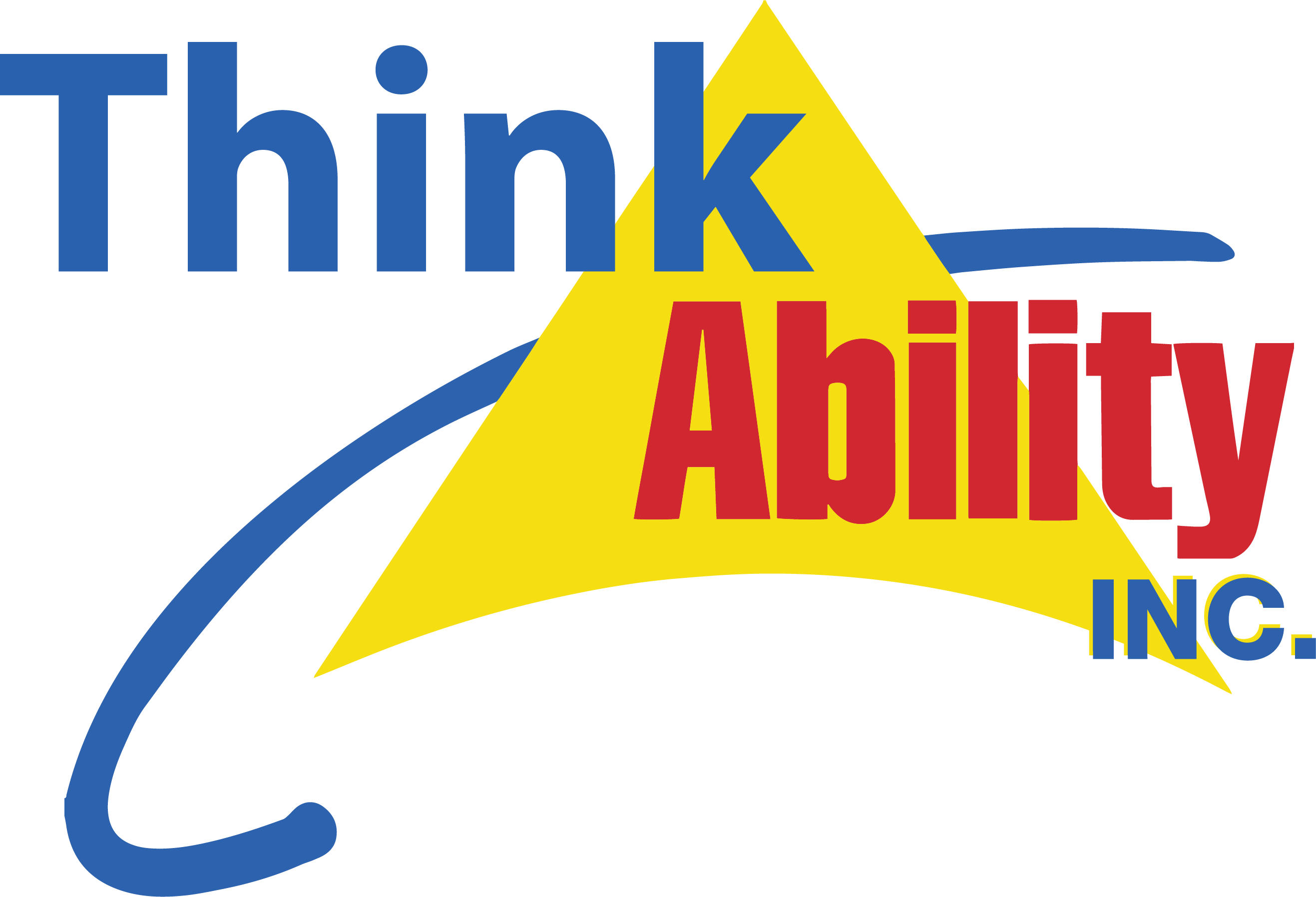Realistic Job PreviewResponsibilities & Rewards of Direct Support Professionals at Think Ability |
||
What to ExpectBefore considering a job with Think Ability, it's crucial to grasp the challenges and benefits that come with being a direct support professional. Take a moment to review the information below to gain a better understanding of your role in supporting individuals with varying abilities. This will help you make an informed decision about working with us. Daily ResponsibilitiesDirect Support at Think Ability involves providing a range of supports to people with disabilities in their homes or workplaces. These supports include assisting with daily tasks like household chores, getting ready for work, socializing with friends and family, meeting new people, running errands, and performing work-related activities. As a DSP, you will spend most of your shift directly interacting with the individuals you support. Some may require minimal assistance, while others may need assistance with activities such as bathing, dressing, and eating. Your specific duties as a DSP vary based on location, the individuals you work with, and your working hours. We encourage community involvement, so you may spend time engaging in activities outside of the home, such as watching a movie, attending a sporting event, or a picnic in the park. Additionally, documentation, communication, and adherence to regulations are essential aspects of the role. Direct support work is governed by numerous county, state, and federal rules and regulations. DSP Job RequirementsTo become a Think Ability employee, you must meet certain requirements. These include being at least 18 years old, having a high school diploma or GED, possess basic computer skills, and hold a valid driver's license with an acceptable driving record. It is important that you have no felony convictions in any state. Reading, writing, basic math, and computer skills are necessary to handle various documents, |
ranging from daily logs to medication administration records. Schedule & TrainingFlexibility in scheduling is vital as we provide support around the clock for many individuals. Our staff need to be adaptable in terms of work schedules and locations. Some shifts may include holidays, for which you will receive holiday pay. Employee benefits are determined by the number of hours worked each week. Training hours at Think Ability are also paid. Starting a new job in direct support can be overwhelming, especially during the initial weeks. To ease the transition, new employees undergo a three-month training and orientation period to acquire the necessary skills for their role. After the first 90 days, you will work with your supervisor to identify your training and development needs. It's completely normal to have questions as a new staff member, so don't hesitate to seek guidance from your colleagues, supervisors, and the individuals you support to ensure you have accurate information. Potential ChallengesSome individuals receiving support from Think Ability may exhibit challenging behaviors. This could involve situations where they yell, use offensive language, pinch, throw objects, or even hit. While this may sound intimidating, our training equips new direct support staff with the skills to respond effectively and help these individuals calm down. Staff members are not assigned to work with individuals with challenging behaviors without specific knowledge or training on how to prevent and manage such situations. You may find that you have a talent for counseling and supporting individuals with these needs, and witnessing their progress and success can be incredibly rewarding. Many individuals with challenging behaviors also work with psychologists or behavior specialists who collaborate with direct support |
staff to develop and implement behavior support plans aimed at teaching new, positive ways of self-expression. As a direct support professional, you will receive training on these plans, maintain accurate records, and communicate information clearly with others. Your role is vital in assisting individuals with challenging behaviors in their journey towards success. Think Ability supports many individuals with physical disabilities who require assistance with tasks like transferring from a bed to a wheelchair, using the toilet, or getting into a bathtub. Although you typically will have equipment to aid you, it's important that you can lift 50 pounds or more. Providing personal care and medical treatments may feel uncomfortable initially, but it's essential to treat individuals with disabilities with the same courtesy and respect you would expect for yourself. You will be expected to respect their privacy, remain calm and gentle, as this approach is most effective to ensure the comfort of both you and the individuals you support during personal care. Additional Certifications & ResponsibilitiesDepending on your state location, you may be required to complete courses in medication administration, first aid, and CPR. Direct support staff may also be responsible for providing prescribed medical treatments such as tube feeding, glucose testing, or administering suppositories. Nurses may be available for training and consultation, but they are typically not on duty during your working hours. You will also be responsible for the general health and safety of the individuals you support. Occasionally, you may be asked to accompany someone to medical or dental appointments. It is crucial to be punctual and prepared for these appointments, reviewing the person's medical notes and relevant information beforehand, and ensuring accurate documentation and follow-ups after the appointments. |
